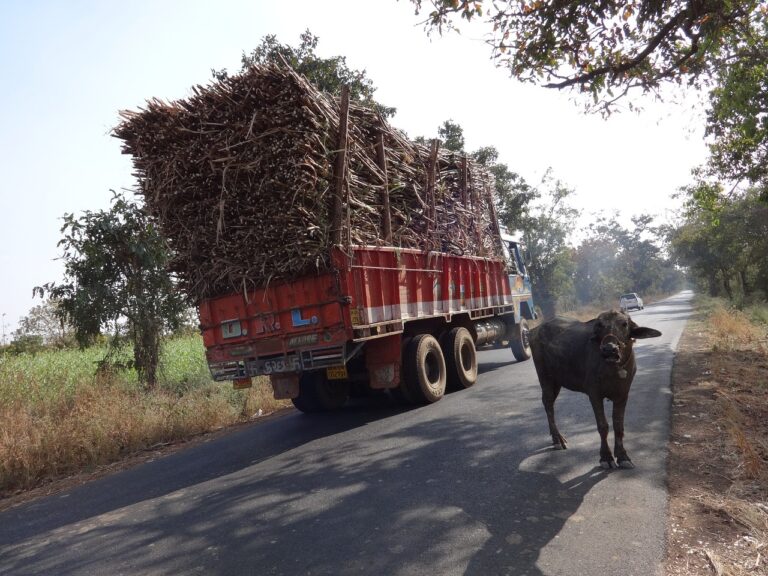Election Monitoring in Conflict Zones: Challenges and Strategies
Election monitoring in conflict zones presents a unique set of challenges that require a delicate balance of skill and diplomacy. Navigating the complex political landscape of such regions demands a keen awareness of the potential risks and sensitivities involved. Ensuring the integrity and transparency of the electoral process in the midst of conflict requires a meticulous approach and a commitment to upholding democratic principles.
One of the primary concerns in monitoring elections in conflict zones is the safety and security of the observers. The volatile nature of these environments means that election monitors must be prepared for various threats and risks that may arise during the monitoring process. The ability to gather accurate and unbiased information in such challenging circumstances is essential for the credibility of the monitoring mission and the legitimacy of the electoral outcome.
Challenges faced by election observers
Election observers often encounter various hurdles while carrying out their duties. One major challenge is ensuring their safety in conflict zones where tensions run high and security threats are prevalent. The risk of being caught in the crossfire or becoming targets of violence adds an extra layer of difficulty to their mission.
Moreover, election observers face the challenge of maintaining their neutrality and independence in politically charged environments. Pressure from conflicting parties or local authorities to manipulate or influence their observations is a constant concern. Upholding their credibility and impartiality in such circumstances requires skillful navigation and unwavering dedication to the principles of free and fair elections.
Importance of impartiality in election monitoring
When it comes to election monitoring, impartiality plays a crucial role in ensuring the credibility and fairness of the electoral process. Impartial observers are essential in upholding the democratic principles of transparency and accountability. Their unbiased stance helps to safeguard the integrity of the election and maintain public trust in the outcome.
By remaining impartial, election observers can accurately assess the electoral process without any prejudice or favoritism. This neutrality is vital in detecting any irregularities or violations that may occur during the voting and counting procedures. Impartiality also enables observers to provide an objective and unbiased report on the conduct of the election, which can then be used to address any issues and improve future electoral processes.
Why is impartiality important in election monitoring?
Impartiality ensures that the monitoring process is fair and unbiased, helping to uphold the integrity of the election.
What are some challenges faced by election observers?
Election observers may face challenges such as threats to their safety, lack of access to certain areas, and pressure from various stakeholders to influence their findings.
How do election observers handle monitoring in conflict zones?
Election observers in conflict zones must navigate complex security concerns and work closely with local authorities and organizations to ensure the safety and integrity of the monitoring process.
How can election observers maintain impartiality during the monitoring process?
Election observers can maintain impartiality by following a strict code of conduct, remaining objective in their assessments, and avoiding any conflicts of interest that may compromise their neutrality.







